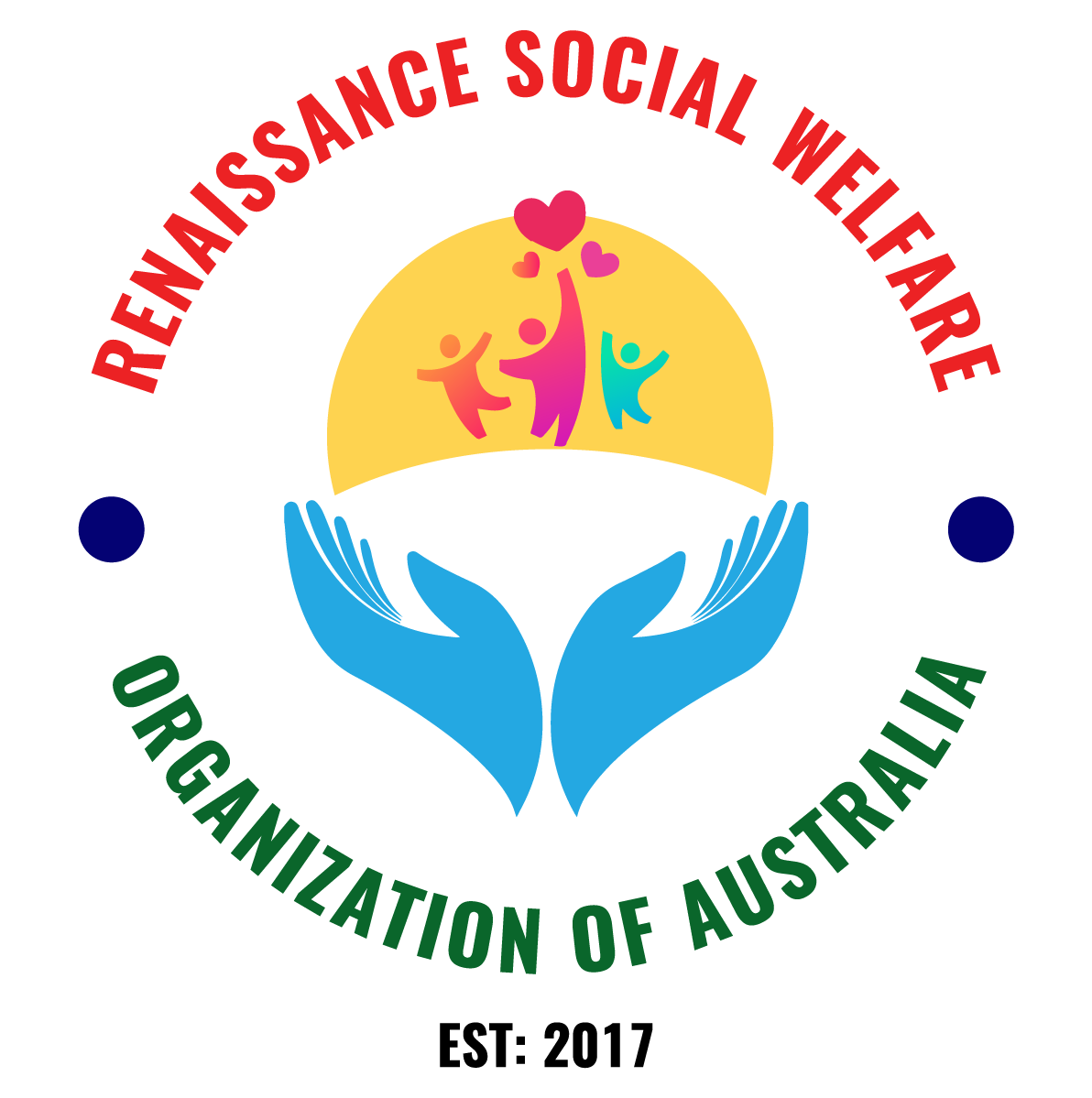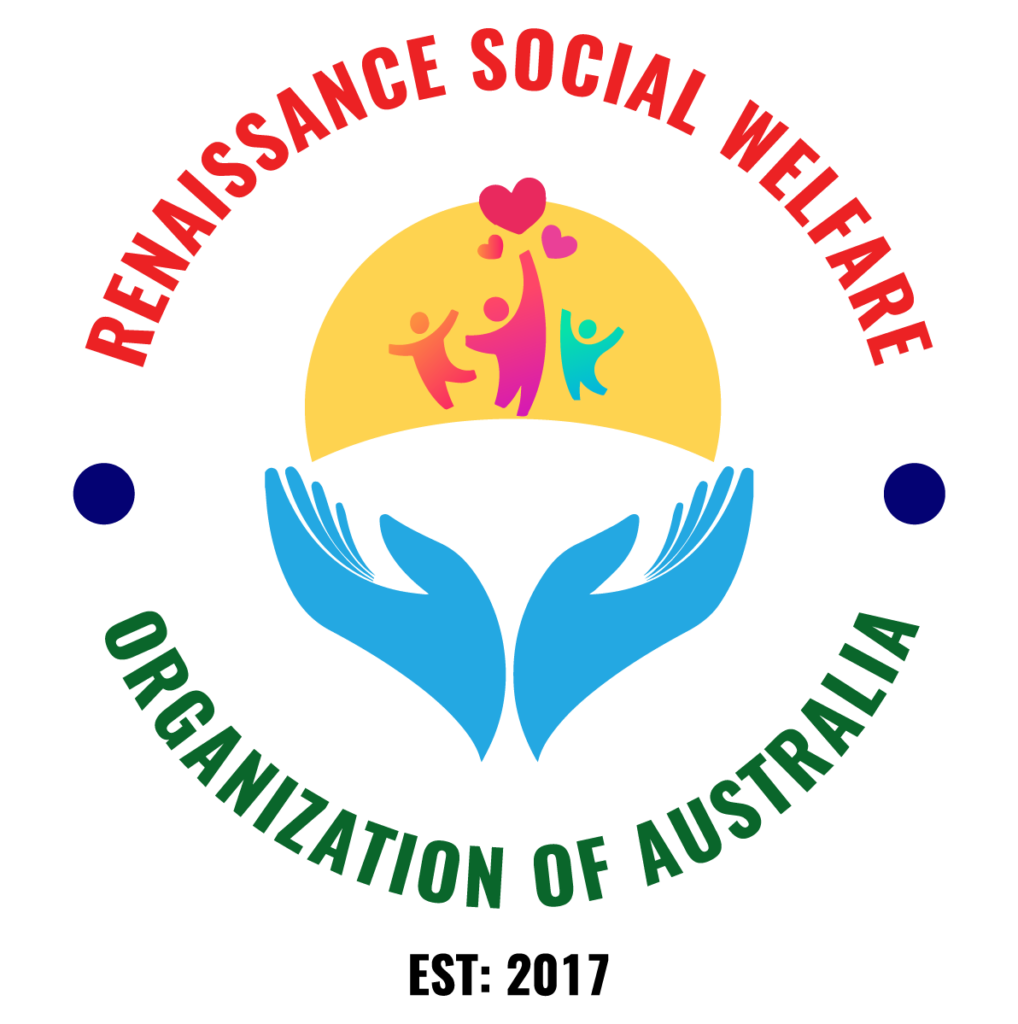AUTISM SPEAKS
History
There was a time when people treated autistic children and their parents as INFLUENCE OF EVIL SPIRITS, CURSE or result of SINs from their religious belief. Autism children also meant children with abnormality was burdened and a challenged born children among the neighbours or societies as shame. Some famillies made forced abortion after being diagnosed a children with abnormality in mothers womb. Some famillies were struggling given birth of autistic children causes their life long involvement for a child with non curable abnormal Physical & Psychological condition associated to their economical fragile conditions. Parents were seperated due to mothers’ vehemence for a kid of any form. Result caused some mothers begged rest of their life for looking after their autistic children. Some members of civilled societies are still showing inhumanity & heathenism by chaining up their autisam children in the parked cars and also turned the car windows up during shopping. Treatment like impeding free air flow caused suffocation to death of their autistic children in occassions. As a result of such tragic disappearence of their autism children, the parents find some form of mental relief. So that the parents make deep breaths as they wouldn’t called a parent of a autistic children any more in their societies. Some famillies would never introduce their autistic children with their guests despite curosity of the autism children.
In those sorts of overwhelming situation few great hearted personals like; Sociologists, Psychologists, Scientists, Doctors, Nurses, Social Workers, Social Reformers & researchers had been stepped forward appreared in the societies to free those parents and their children with autism. To rehabilitate those vulnerable people in the siciety with the main stream or making a break through the stagnant societies accross the world, the social researchers found basic mile stones.
Speechless animals & birds has sensation of feelings. They can follow directions, finding foods to meet up their hungers. These animals has feelings to realise differences of days & nights, some animals shows their love & affection to human, by providing training some birds are also shows love & affections to human, even some birds can follow to learn speaking like human. If it is so then why not a human baby who has born with neurological boundness could come out of their stress atleast partially to heal their self motivations.
Imagining from the perspective of the children with autism & their poor famillies in Bangladesh, the great hearted, an imaginative social reformer /researcher, the grand daughter of the father of the nation of Bangladesh BANGA BANDHU SK. MUJIBUR RAHMAN and the daughter of the Prime Minister of Bangladesh Mrs. Saima Wazed Putul dedicated her colorful background in concentrating on Autism children and their poor parents problems & relief.
But her concentration and dedication made a break through not only in Bangladesh as well as in the largest space of the world Autism forum.
Imagining from the perspective of the children with autism & their poor famillies in Bangladesh, the great hearted, an imaginative social reformer /researcher, the grand daughter of the father of the nation of Bangladesh BANGA BANDHU SK. MUJIBUR RAHMAN and the daughter of the Prime Minister of Bangladesh Mrs. Saima Wazed Putul dedicated her colorful background in concentrating on Autism children and their poor parents problems & relief.
But her concentration and dedication made a break through not only in Bangladesh as well as in the largest space of the world Autism forum.








